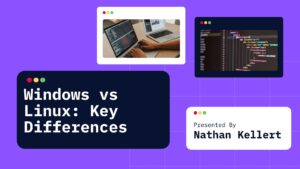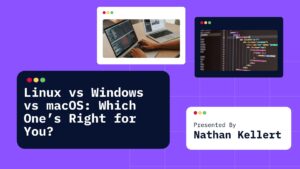Looking for fun and useful DBMS projects using SQL? Whether you’re working on a class assignment or building your resume, this list has something for everyone. These projects are practical, teach you solid SQL skills, and help you understand how real-world databases work.
Let’s dive into some exciting ideas you can actually build and show off!
Table of Contents
1. Library Management System for Tracking Books and Borrowers
Manage a digital library where users can borrow and return books. Use SQL to handle due dates, penalties, and book availability. Great for learning database relationships and basic CRUD operations.
2. Hospital Management System with Patient and Doctor Records
Design a database that stores patient details, doctor schedules, appointment bookings, and billing info. You’ll learn how to connect different entities using foreign keys and perform advanced queries.
3. Online Retail Store Database with Order and Product Management
Create a mini e-commerce system where you manage users, products, orders, and payment history. Use SQL to filter top products, track customer behavior, and manage stock.
4. College Course Enrollment System with Student & Faculty Modules
Build a course registration system that handles enrollments, subjects, attendance, and grades. Practice writing queries for checking class limits, managing multiple departments, and generating reports.
5. Hotel Room Booking System for Reservations and Billing
A system for managing hotel bookings, customers, rooms, and payments. Use SQL queries to show available rooms, calculate total stay costs, and track customer history.
6. Railway Reservation System with Seat Allocation and Ticket Status
Design a database for booking train tickets with tables for passengers, trains, schedules, and seat availability. Practice real-world logic like waitlist status and journey history.
7. Employee Attendance and Payroll Tracking System
Create a database that records employee attendance, leaves, and salary details. Use SQL to calculate total salary, bonuses, and deductions. It’s perfect for HR and payroll software demos.
8. Inventory Management System for Businesses and Warehouses
Build a solution to track products, vendors, stock levels, and purchase orders. Use SQL to detect low stock, generate purchase lists, and manage product restocks.
9. Banking System to Manage Customers and Financial Transactions
Design a simplified banking system that tracks accounts, transactions, and loan details. Use SQL to generate mini-statements, show account balances, and detect anomalies.
10. Movie Ticket Booking System for Cinema Halls
Create a movie database that manages seats, show timings, bookings, and customer profiles. Practice SQL queries to check real-time seat availability and calculate total revenue per show.
11. Gym Membership Management System with Trainer and Plan Tracking
Build a DBMS project that handles gym members, their fitness plans, trainer schedules, and fee payments. Use SQL to automate expiry notifications and filter member types.
12. Crime Record and Investigation Tracking Database
Design a police records system that stores cases, criminal profiles, evidence, and officer reports. Practice building complex relationships and using SQL to generate time-based crime statistics.
Final Thoughts
These DBMS project ideas using SQL are practical, resume-worthy, and help build your understanding of how data flows in real-world applications. Whether you’re into finance, healthcare, or e-commerce, there’s something here for every interest.
Start small, then scale up by adding triggers, stored procedures, and even a front-end if you want to go full stack. And if you want help picking the best project for your goals, just give me a shout!







